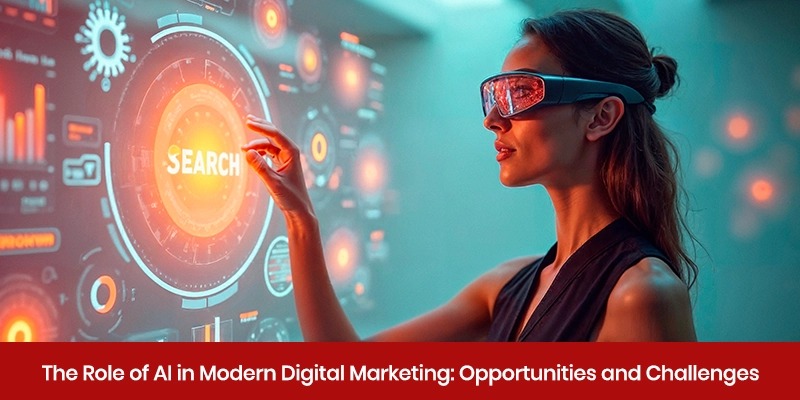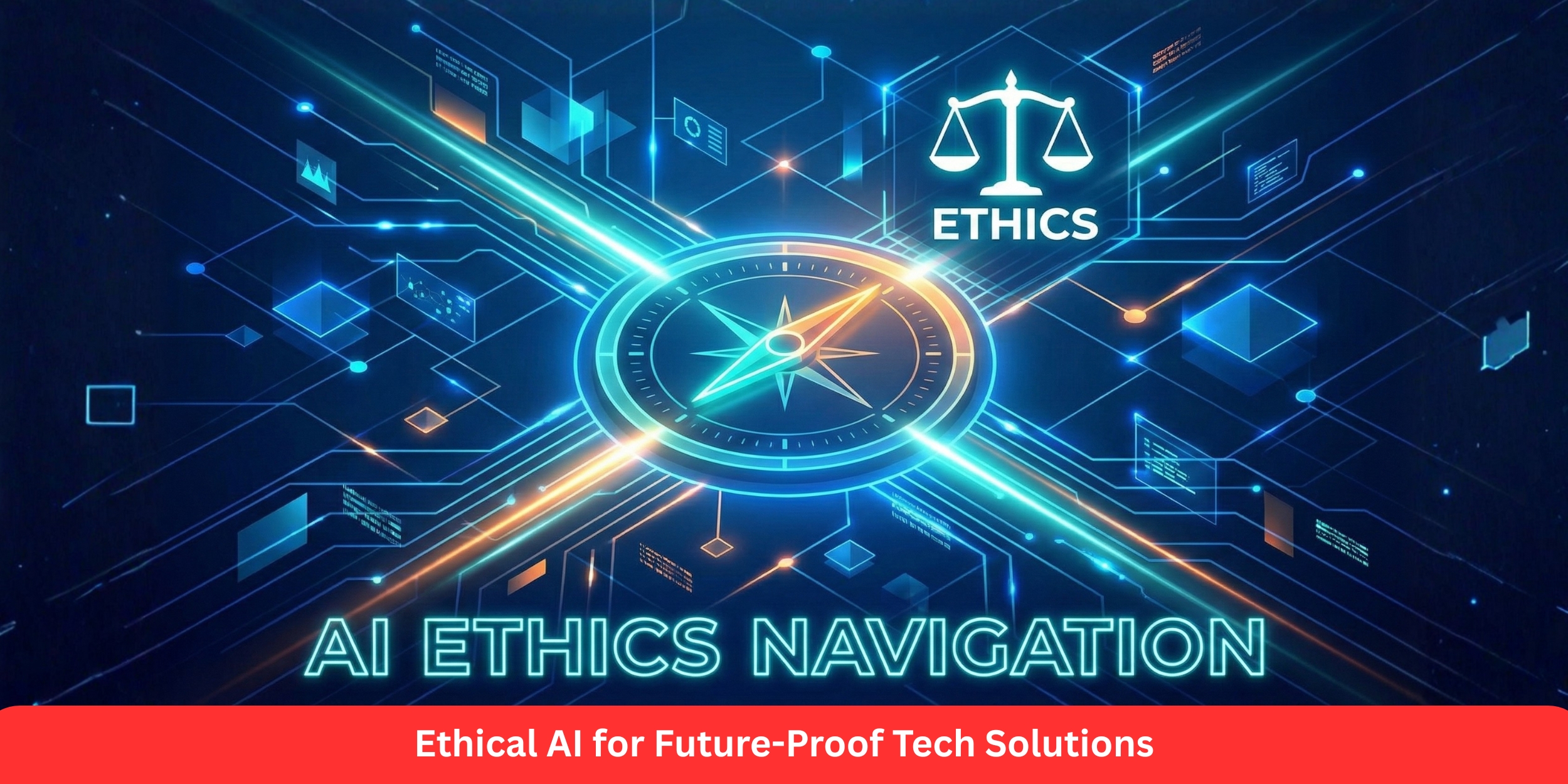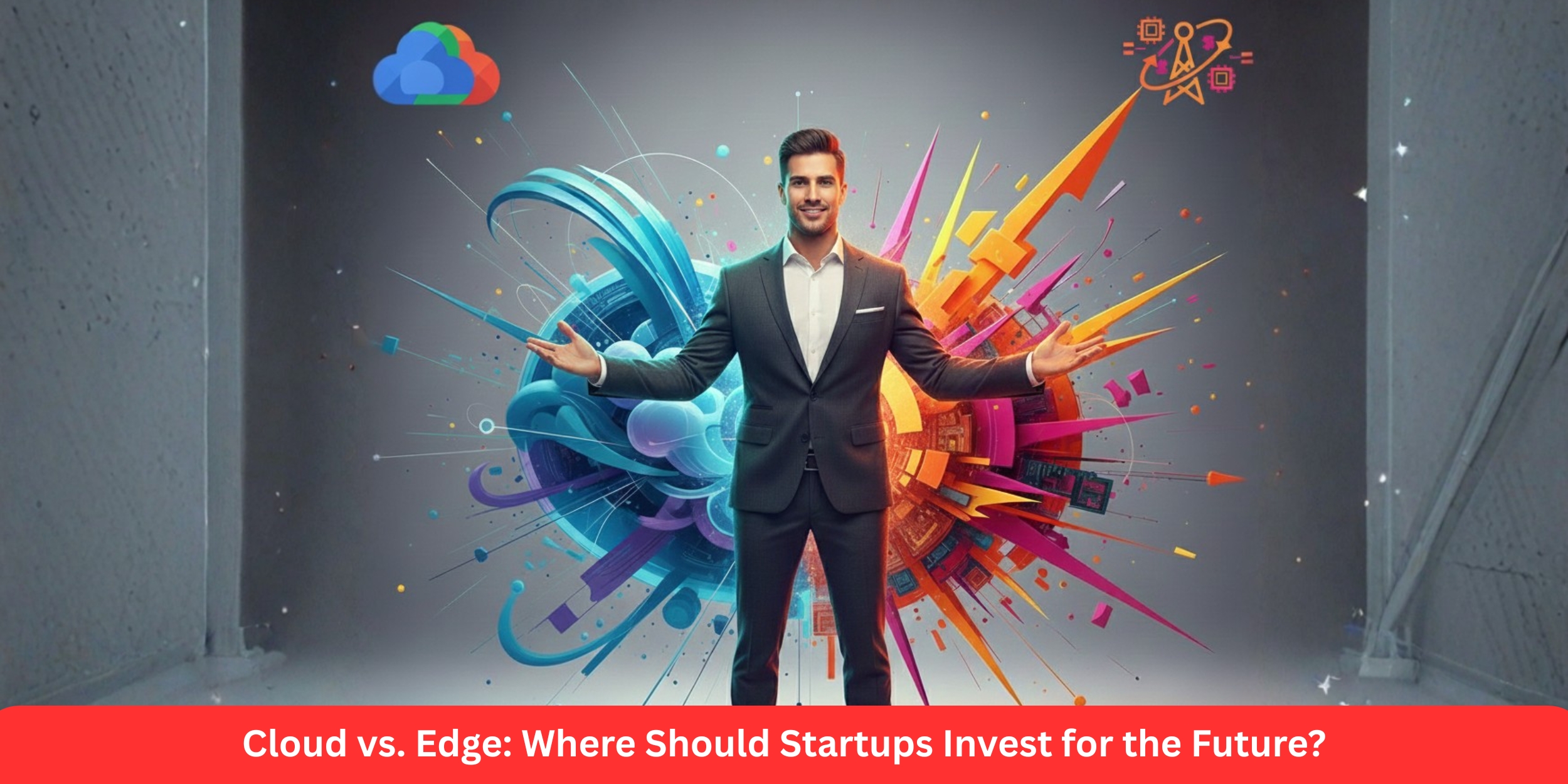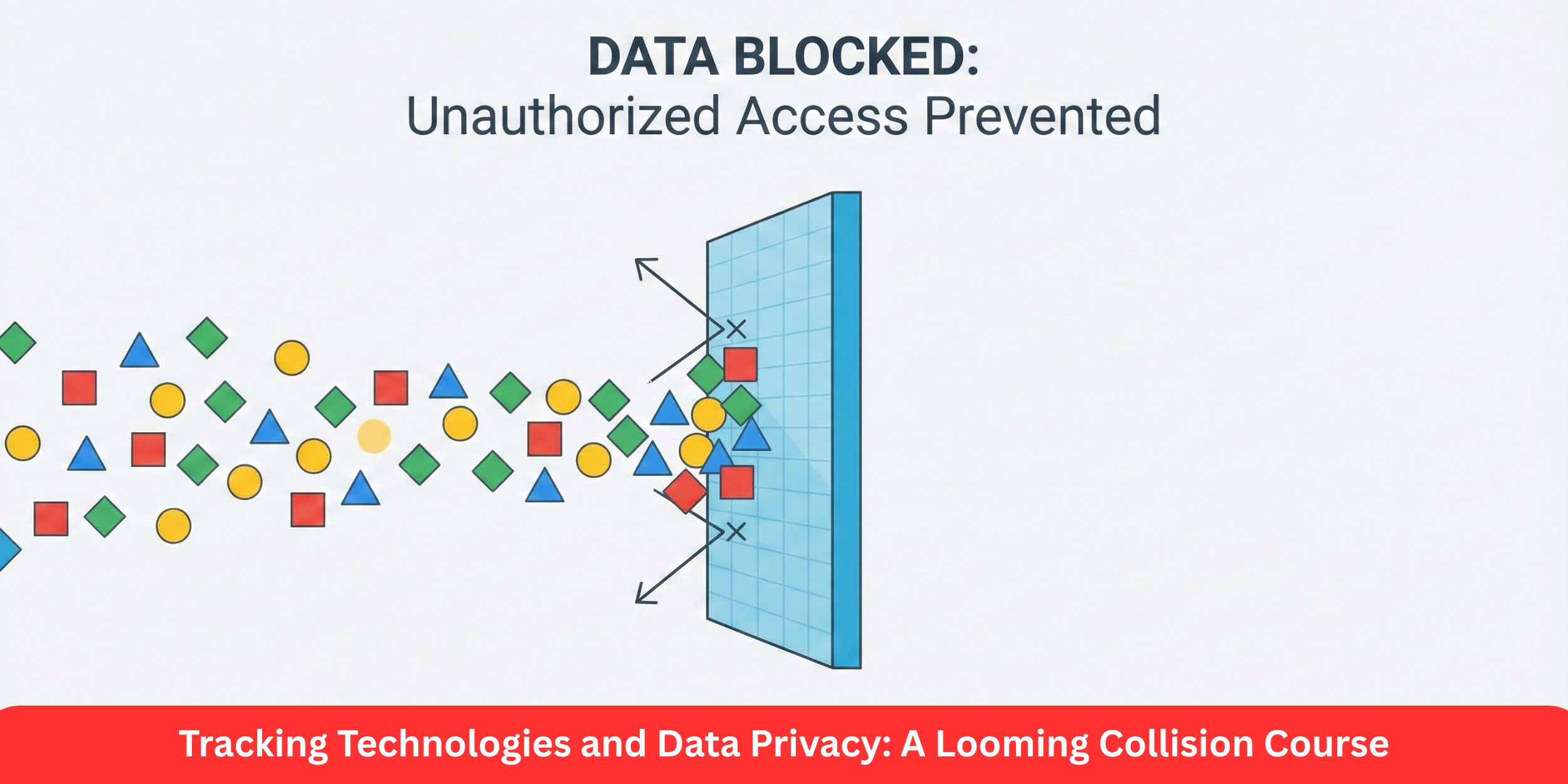
Artificial Intelligence (AI) has rapidly emerged as the cornerstone of modern digital marketing, reshaping how brands connect with consumers, optimize campaigns, and drive measurable results. In a world where hyper-personalization, predictive analytics, and consumer-centric approaches are mandatory, AI’s omnipresence in marketing unlocks a new realm of potential and presents unique challenges—for businesses aiming to lead in 2025.
1. Introduction
The digital marketing landscape is in constant evolution, driven by advances in technology and shifts in consumer expectations. AI now forms the backbone of modern marketing strategies, accelerating everything from lead generation and audience targeting to customer retention and campaign analysis. As businesses grapple with data overload and the race for relevance, leveraging AI isn’t just a competitive advantage it’s a necessity.
Trending keywords: AI in digital marketing, predictive analytics, hyper-personalization, marketing automation, conversational AI, content optimization, big data, digital ad targeting.
2. What Is AI in Digital Marketing?
AI in digital marketing refers to the use of machine learning algorithms, natural language processing (NLP), deep learning, and big data analytics to automate, optimize, and innovate marketing processes. This enables marketers to make smarter decisions, deliver targeted experiences, and adapt rapidly to market trends.
3. AI-Powered Opportunities in Digital Marketing
Hyper-Personalization
AI enables marketers to create deeply personalized experiences by analyzing real-time consumer data browsing habits, purchase history, demographics, and social behavior—to deliver hyper-targeted messages, offers, and content. Through machine learning, brands can anticipate individual preferences, craft unique journeys, and boost customer satisfaction and conversion rates.
“71% of consumers now expect personalized experiences, and 76% feel frustrated when they don’t get them.”
Predictive Analytics
By tapping into AI’s predictive analytics, businesses can forecast consumer behaviors, predict purchasing intent, and optimize campaigns ahead of time. This data-driven approach helps in allocating budgets smartly, reducing churn, and improving return on ad spend (ROAS).
Content Creation & Optimization
AI-powered tools automate content ideation, generation, and optimization. Solutions like GPT-based copywriting, AI content editors, and automated video creation enable the rapid production of SEO-optimized, relevant, and engaging materials. Real-time data analysis ensures content aligns with current search trends and audience needs.
AI-Driven Advertising & Automation
Programmatic Advertising: AI streamlines real-time bidding, ad placement, and targeting based on demographic, psychographic, and behavioral data.
Smart Segmentation: AI algorithms divide audiences into micro-segments, allowing for laser-focused campaign delivery and higher engagement.
Data-Driven Insights
With AI, marketers can parse massive datasets, uncovering actionable insights into customer journeys, attribution, and campaign health. This continuous feedback loop enables swift and informed optimization.
Enhanced Customer Experience
Conversational AI and chatbots deliver always-on, instant customer support, and engagement. Virtual assistants manage routine inquiries, provide personalized recommendations, and elevate overall satisfaction.
Social Media Marketing
AI tools analyze audience sentiment, identify viral trends, optimize post timing, and automate content across channels, making social media campaigns more effective and less labor-intensive.
Voice & Visual Search
AI-powered voice assistants and visual search tools make content discoverable through natural language and images. Brands are optimizing for “near me” searches, voice-enabled queries, and image recognition to stay ahead of user behaviors shifting away from typing.
SEO Innovation
AI automates keyword research, content suggestions, meta tag creation, and on-page optimization. Advanced algorithms ensure websites maintain high relevance and visibility in search engine results pages (SERPs).
4. AI Trends Redefining Digital Marketing in 2025
Staying ahead means tapping into the fastest-moving developments. Here’s what’s trending right now:
AI Trend
Impact on Digital Marketing
Hyper-Personalization
Delivers unique user experiences, increases loyalty and profitability
Predictive Analytics
Enables proactive decisions, campaign optimization, and reduced ad waste
Conversational AI & Advanced Bots
Improves customer support and engagement, reduces resource burden
Generative AI for Content
Scales production of creative assets and boosts SEO
AI-Driven Social Analytics
Powers sentiment analysis and real-time trend spotting
Voice & Visual Search
Captures new intent signals, broadens accessibility
Advanced Data Privacy Solutions
Balances personalization with increasing privacy demands
5. Major Challenges: Ethics, Data Privacy, and Skills Gap
While the prospects are bright, AI’s rise in digital marketing is not without obstacles:
Data Privacy & Security
AI systems require immense volumes of customer data, raising concerns around privacy, consent, and security.
Upcoming regulations (GDPR, CCPA, etc.) mandate transparent and ethical use of personal data.
Algorithmic Bias
AI models can unintentionally reinforce existing biases, resulting in unfair targeting or exclusion of customer groups.
Regular audits of algorithms are critical to ensure ethical marketing practices.
Skills Gap & Implementation Hurdles
Smaller businesses may lack resources, expertise, or infrastructure for effective AI integration.
Continuous learning is required as AI tools, platforms, and regulations rapidly evolve.
Transparency & Trust
Customers are increasingly wary of overly intrusive personalization, and some AI decisions lack explainability.
Clear disclosures about AI use build trust and empower users to control their data.
6. Best Practices for Integrating AI into Digital Marketing Strategies
1. Start with Clean, High-Quality Data
Strong AI outcomes depend on structured, relevant, and compliant data sources. Invest in robust data management.
2. Use AI to Enhance, Not Replace, Human Creativity
Combine AI-powered content and automation with human insight for emotionally resonant and brand-aligned campaigns.
3. Prioritize Customer Privacy and Consent
Implement transparent opt-in flows; clearly disclose how and why you use customer data.
4. Test, Learn, and Iterate
Pilot AI tools on small campaigns, gather feedback, and optimize before full-scale deployment.
5. Upskill Your Marketing Team
Ongoing training keeps marketers current with the latest AI advancements, tools, and compliance norms.
6. Monitor and Audit for Bias
Regularly review algorithms for fairness, inclusivity, and adherence to regulatory standards.
7. The Future of AI in Digital Marketing
The AI market in digital marketing is projected to reach $3.68 trillion by 2030, up from $757 billion in 2025—a sign of its unstoppable momentum. Innovations like generative AI, deep learning, and real-time automation will further dissolve the boundaries between brands and customers, empowering businesses to offer unmatched precision, personalization, and ROI.
Emerging developments to watch:
Generative content for video, AR/VR, and immersive experiences
Autonomous campaign management tools that learn and self-optimize
AI-based privacy and consent platforms
Advanced multimodal search (voice, visual, text, gesture)
8. Frequently Asked Questions
How do AI-powered SEO tools work?
They analyze search trends, automate keyword research, optimize on-page elements, and provide content suggestions that align with current algorithms—all in real time.
What are the risks of relying on AI in marketing?
Potential issues include algorithmic bias, data privacy breaches, regulatory non-compliance, and over-automation that weakens brand authenticity.
Will AI replace human marketers?
No. AI enhances efficiency and delivers insights, but human creativity and strategic thinking remain irreplaceable for compelling campaigns.
9. Conclusion
AI is transforming digital marketing for 2025 and beyond. Its power to crunch data, forecast trends, personalize journeys, and scale content gives marketers a formidable toolkit to drive business growth. Success lies in blending state-of-the-art AI with ethical practices, human ingenuity, and a relentless focus on delighting your audience. As technologies evolve, brands that embrace AI thoughtfully will shape the future of marketing.





